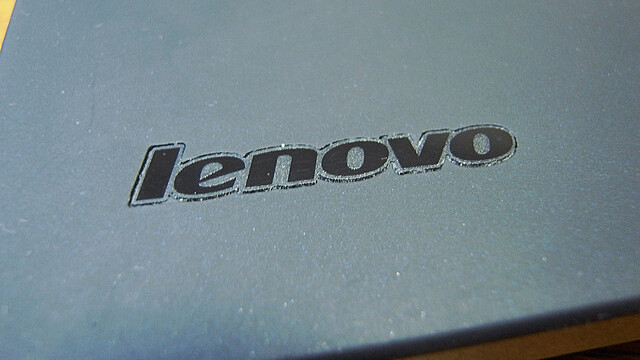
Chinese IT company Lenovo officially announced that it will invest US$30 million in Brazil to open a manufacturing plant and a distribution center, the Brazilian tech blog Ztop revealed today.
According to the company, these new units will produce desktops and notebooks for Brazil’s corporate and consumer markets. More importantly, this is only the first step of what Lenovo describes as a long term strategy to double its sales in Brazil, which is now the world’s third largest PC market.
As Ztop points out, the numbers Lenovo disclosed are quite impressive; according to Lenovo Brasil’s press release, “the new installations will occupy 325,000 square meters, and according to the planning, will start operating by December 2012.”
Both centers will be located in the small city of Itu, in the state of São Paulo, where this investment will create new jobs; Lenovo expects that 700 employees will have joined these two units when they reach their full production capacity at some point over the next two years.
This announcement doesn’t come as a surprise; a couple months ago, the Wall Street Journal reported Lenovo was keen to acquire local companies, while “evaluating a plan to set up a manufacturing base in Brazil so that it can produce PCs locally and avoid high import tariffs.”
At the time, the WSJ noted that Lenovo was only the 9th largest player in Latin America, with a market share of only 3.6% in March and no profits. In this context, the company sees room for growth in this attractive market – and it is now ready to do what it takes.
As Lenovo’s president of Asia-Pacific and Latin America, Milko Van Duijl then acknowledged, Lenovo can’t be competitive in Brazil without a local manufacturing base. As you may know, the country heavily taxes imported electronics while offering incentives to companies that decide to manufacture locally.
As a result, the Taiwanese giant Foxconn operates several plants in Brazil, where it has reportedly started to produce iPhones and iPads. As for Microsoft, it announced last September that it would start manufacturing Xbox 360 consoles in Manaus and reduce its local prices.
Image credit: masatsu
Get the TNW newsletter
Get the most important tech news in your inbox each week.



